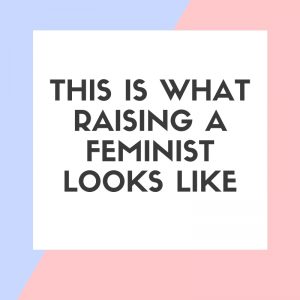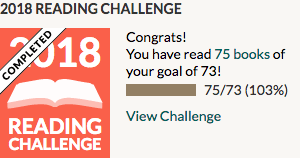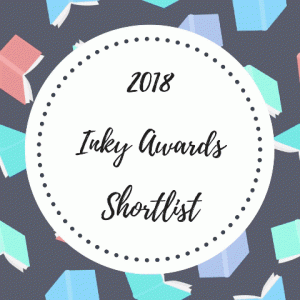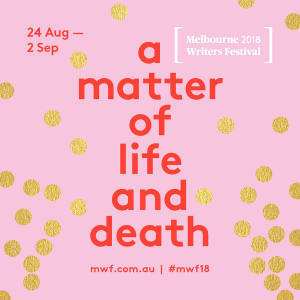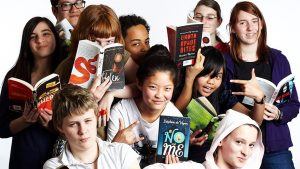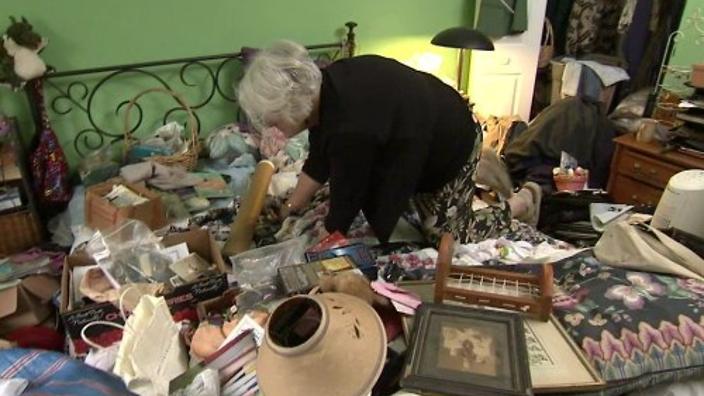
I published this article on SBS this week about trying to understand a disorder at the opposite end of the minimalist spectrum.
Both Marie Kondo and Hoarders ask: how much of the stuff surrounding us do we really need? In an age of consumer culture, fast fashion and single-use plastics, this is a valuable question. We have an attachment to physical items that our planet cannot sustain, whether we obsessively collect them in every inch of our homes for fear of throwing out something potentially useful, or rid ourselves of every item that does not bring us pure joy.
I sometimes find myself squirming as I realise how often I say things the subjects of Hoarders say, such as “I just don’t want this to go to waste, it would be useful to someone” and I was keen to explore how we are often pushed and pulled between minimalism and acquisition of material goods. It was fun to explore some of this as it relates to our fascination with these two shows. Head on over to read the full article.
